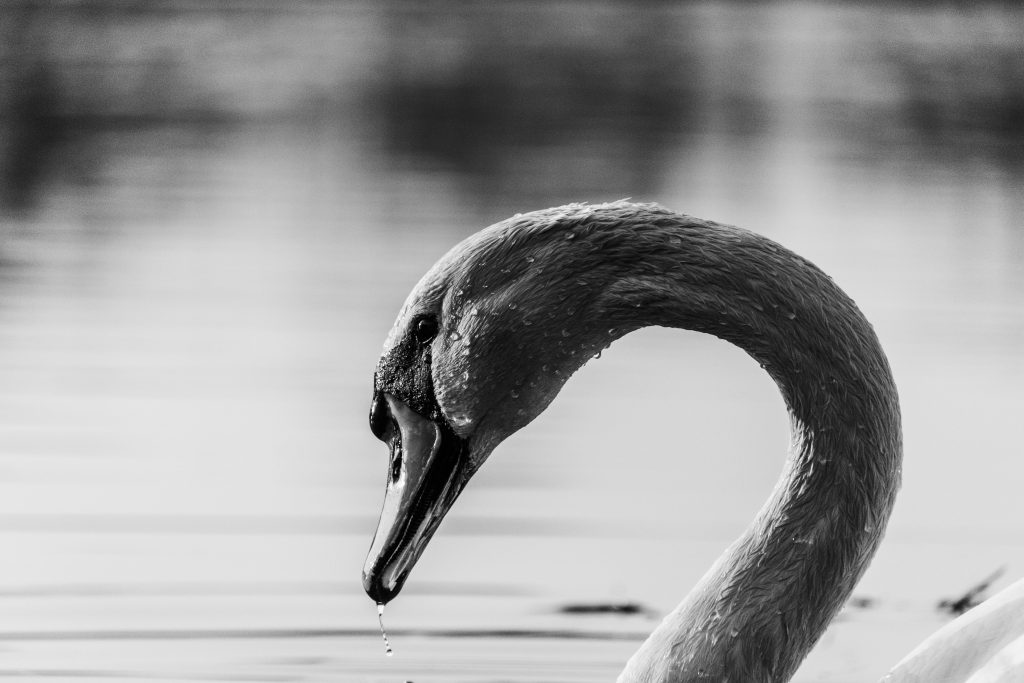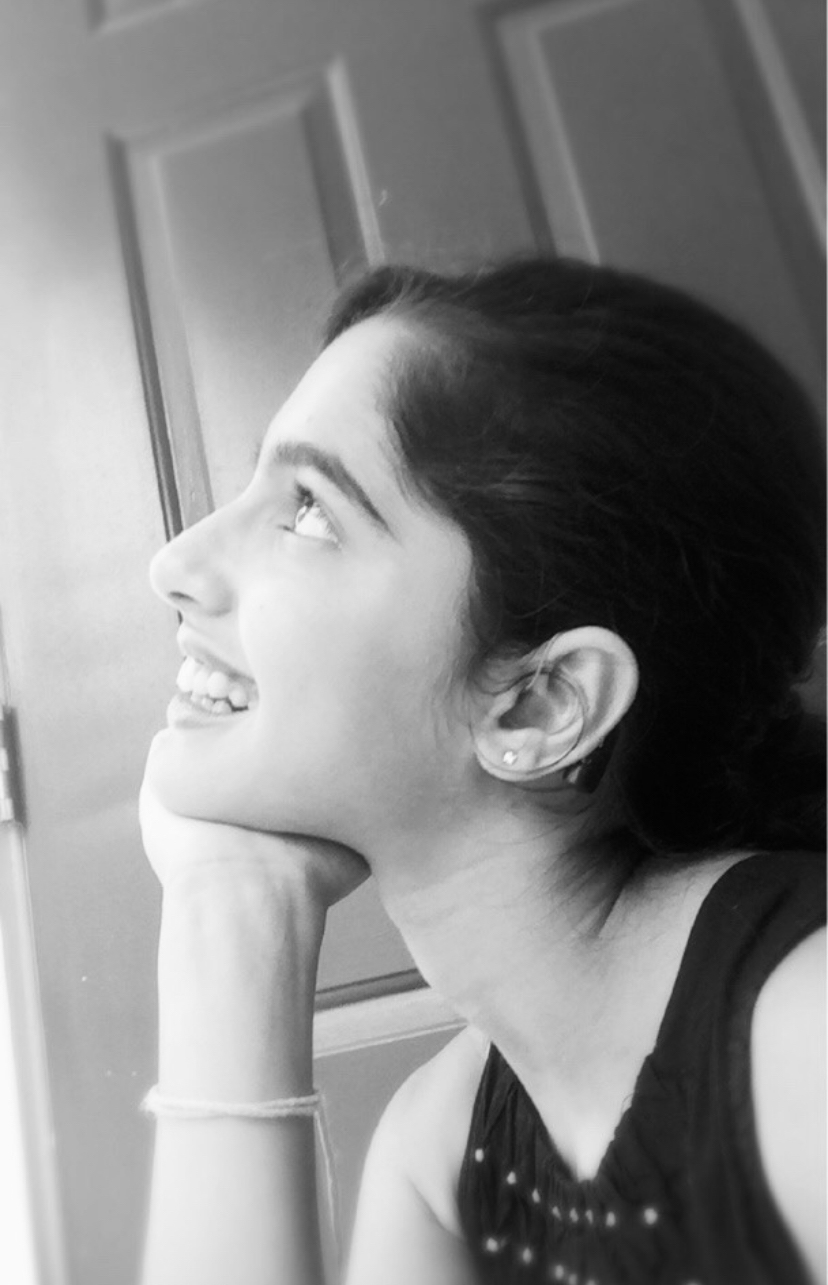I love stories.
As a young girl, I adored the tales spun in Disney movies—not only because they pulsed with color, chords and coincidences, but because I derived hope from their depiction of the impossible.
I equally enjoyed the stories told by the zealous and historically informed Mrs. Meiman, my nanny: accounts of the shimmering lights reflected in the waterways criss-crossing Venice and of Marie Antoinette dismissing the demands of people for bread with her infamous words “Let them eat cake!”
“I’d rather eat cake than bread,” 6-year-old me thought.
A Pink Gown and a Bejeweled Tiara
No matter the kind of story, each would leave me awash in a spirit of fantasy. I imagined myself drifting away into a rosy Venician sunset, relishing the exquisite decor studding the halls of Versailles, or defying rationality in the pursuit of my dreams.
After my bewilderment subsided, disappointment would quickly usurp its place. I suddenly felt trapped in the monotonous routine of my own life, fluttering from home to school and back again. In order to cure my disillusionment, I stole broken fragments of my dreams whenever I could. Often, this endeavor entailed my spinning in wide green spaces and singing loudly, while all my other friends enjoyed the playground instead.

Hidden in all of these actions was the craving to be worthy of being in a story. People in stories were ethereal, unencumbered by the mundane spirit that seemed to afflict those like my parents and myself, who had fallen into a comfortable cadence in the execution of their life. People in stories were always guaranteed happy endings, no matter the ill-fitting glass slippers life forced them to wear. They always braved the peas impeding their progress and displayed virtue in the process. I wanted a pink gown and a bejeweled tiara to epitomize my story and its happily ever after, too.
But, like all good stories, mine would first have to reckon with reality before it could reconcile itself to the reveries I relished.
‘Who Will Want to Be my Friend?’
The day started out like the opposite of all that I desired: ordinary. In fact, it was so ordinary that I have no recollection of the hearing test my school conducted on that snowy December day in 2011.
“Hearing aids?” I asked the doctor. “Does that mean two ladies that come with me everywhere and tell me what other people are saying?”
I was apathetic to the notion. I didn’t know how to feel about the constant companionship of two ladies, whom I imagined would wear scrubs speckled with teddy bears and wear long beaded necklaces. As I mulled it over, it didn’t seem so terrible. They would be my built-in best friends, and together, the three of us would conquer the world!
My opinions quickly changed when the audiologist dispelled me of my notions as I learned that hearing aids were actually big, brown, ugly devices that would bulge from behind my ears.
This, not the itsy-bitsy part of my hearing loss being progressive and the certainty of eventual deafness, wet my cheeks.
“Who will want to be my friend?” I wondered, as I stared into the mirror that evening. I traced the contours of my face, repulsed by my flashy pink glasses, my missing front teeth, and most jarringly, my ears, protruding from the side of my head. I finally understood why I felt so different: I was the ugly duckling in the midst of beautiful, perfectly normal ducks. I was doomed to sunter removed from the flock. My childish desires of wanting to be a story shattered as I realized that to be the main character of a story, one had to be extraordinary, not broken.
Impassioned to Tackle Inequality and Injustice
Over the next three years, I retreated into my shell, becoming quiet. The stories that reigned over my early days faded into faint recollections of childish naivete. I began to accept that I would merely have a life to live, not a story to unfold. I sank into the routine life I had once so despised without complaint, now understanding my disability would be a quality that would push me behind, not set me apart.
Pained by this truth, I welcomed our family’s move to Mississippi due to my dad’s changing job in December 2014 as I was hopeful that a change of scenery would be rejuvenating. Childish innocence began to bustle in my 10-year-old mind once more as I began practicing my Southern accent. “How do y’all do?” I chirped as I skipped down our hallway.
Little did I know that Mississippi would have far more potent effects than simply rejuvenating my mind; Mississippi would resurrect the wondrous lens with which I had once viewed the world and restore my quest to author my own story.
That January, I began attending St. Andrew’s Episcopal School in Ridgeland, Miss., a school acknowledged for its ability to nurture budding talent. I quickly discovered that, unlike the previous schools I had attended, this school encouraged me to challenge the facts I had earlier been instructed to only learn. This realization began to grow rapidly in my seventh-grade history class, in which our teacher, Mrs. Newburger, would inform us about various issues facing different areas of the world, such as gender inequality, systemic racism and a lack of access to food and water.
Additionally, I was impassioned by the issues of inequality and injustice that we studied. These issues weren’t discussed in much detail at earlier schools and rightfully so; after all, only a state that had witnessed sweltering oppression so intimately could be capable of encouraging the difficult conversations necessary to repair its wounded past. The deep sense of empathy bred by my experience with hearing loss was anguished by notions of such suffering, and this overflow of emotion nudged me out of my shell.
I felt compelled to voice my opinions, and I noticed that when I did, others listened.

Finding a Flock of Swans
As I transitioned to high school, I continued to seize every opportunity to voice my opinion, such as delivering a sermon during our freshman chapel. That day, as I heard my own voice boom over the speakers, I found myself enraptured by the power of my words, my body shuddering as I watched classmates and teachers equally engaged with my words. I was humbled.
That night, I gazed into the mirror again, as I had done years earlier. The glasses had disappeared, and the missing front teeth had reappeared, but my greatest deterrent—my hearing aids—were still present, entangled with my hair. But this time, as I ran my hands over their smooth, metallic surfaces, I smiled.
Happiness bubbled in my tummy as I realized that the words that had eluded my ears had returned to me. But these words were not for me to keep; they were for me to share so that others may recognize the power of their own talents and rise to the potential these talents bequeathed to them.
The ending of the ugly duckling’s tale also cascaded once more into my memory. After being separated from its flock of ducks, the ugly duckling roamed lost until it found its flock of swans by whom it was reminded of the beauty hidden in its uniqueness.
I began twirling in my bathroom as I realized the fundamental truth that had evaded me years earlier: I was a swan, St. Andrew’s was my flock, Mississippi was my lake, and this would be only the beginning of my story.
This MFP Voices essay does not necessarily represent the views of the Mississippi Free Press, its staff or board members. To submit an essay for the MFP Voices section, send up to 1,200 words and factcheck information to azia@mississippifreepress.com. We welcome a wide variety of viewpoints.






